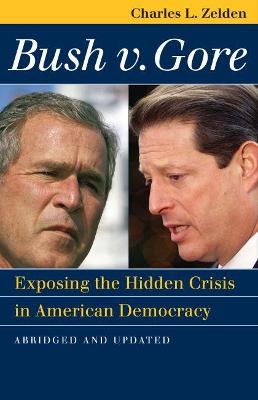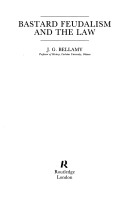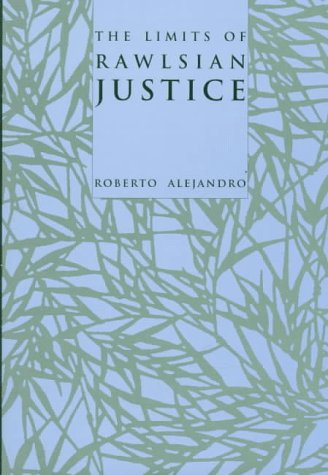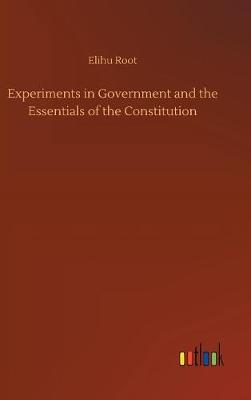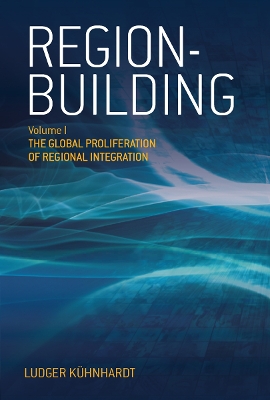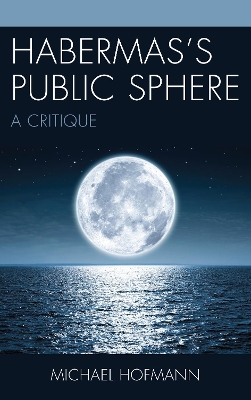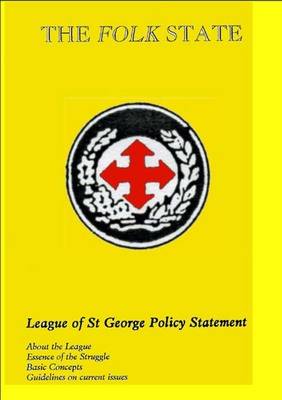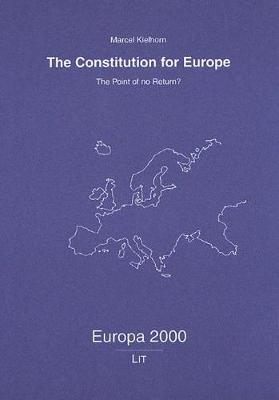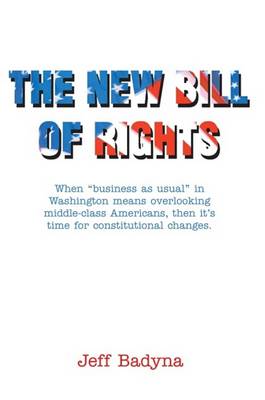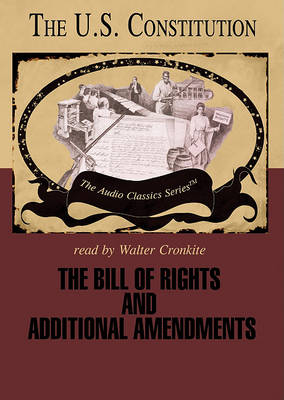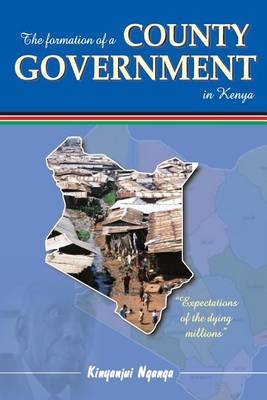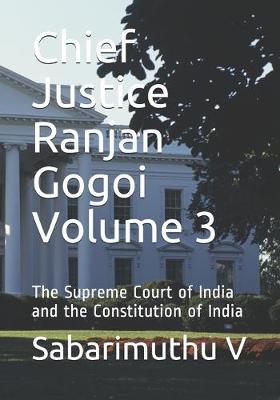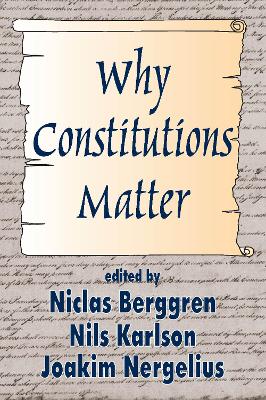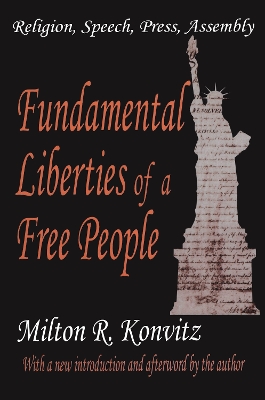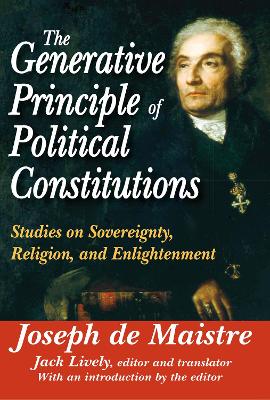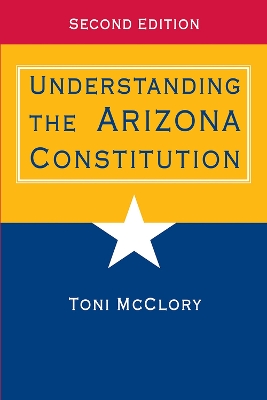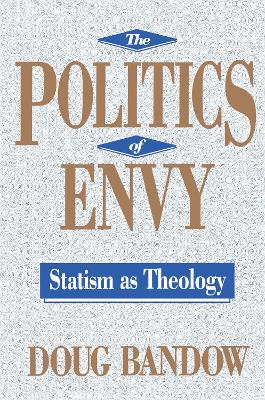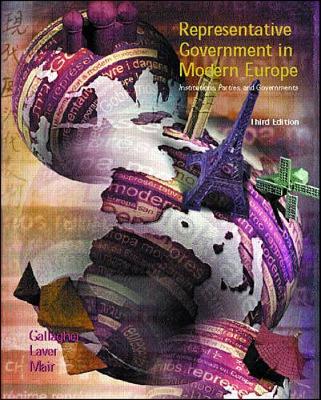The infamous 2000 presidential election produced hanging chads, butterfly ballots, endless recounts, raucous allegations, and a constitutional crisis - until a controversial Supreme Court decision allowed George W. Bush to become president despite losing the popular vote to Al Gore. Charles L. Zelden presents the definitive history of this vexing and acrimonious affair, offering the most complete, up-to-date, and accurate analysis of a remarkable episode in American politics. Zelden probes deepe...
Examines the interaction of the law with bastard feudalism providing the first detailed study of the operations of law in the context of economic and family history. This book should be of interest to advanced students of history.
When President Clinton rejected a Republican proposal for heavy cuts in the welfare programme, he justified his position with the simple words: "It's just not fair." This idea of fairness lies at the heart of the concept of justice proposed by political philosopher John Rawls, a concept that liberals have often invoked to defend the welfare state. In "A Theory of Justice" and "Political Liberalism", Rawls set out to prove four major propositions to justify the politics of welfarism; namely, that...
Experiments in Government and the Essentials of the Constitution
by Elihu Root
After two centuries of nation-building, the world has entered an era of region-building in search of political stability, cultural cohesion, and socio-economic development. Nations involved in the regional structures and integration schemes that are emerging in most regions of the world are deepening their ambitions, with Europe's integration experience often used as an experimental template or theoretical model. Volume I provides a political-analytical framework for recognizing the central ro...
Habermas's Public Sphere: A Critique analyzes the evolution of Juergen Habermas's social and political theory from the 1950s to the present by focusing on the explicit and on the tacit changes in his thinking about The Structural Transformation of the Public Sphere, his global academic bestseller, which has been translated into 30 languages. Integrating "public sphere," "discourse," and "reason," the three categories at the center of his lifelong work as a scholar and as a public intellectual, H...
House of Commons (Reports S., No 614)
Folk State
The Origins of Parliamentarism (Studies in Political Theory, #2)
by Tapani Turkka
In this study Tapani Turkka offers a discussion of the origins of parliamentarism in the context of early 18th century Britain. This is accomplished in the perspective of Dr. Turkka's new interpretation of John Locke's political thought in the Second Treatise. In this interpretation the exercise of state power is not by nature political but must be separately constituted as such. According to Turkka, Locke finds this possible to his contemporaries and succeeding generations of men. The origins o...
Federalist Papers (Library Edition) (Tantor Unabridged Classics)
by Alexander Hamilton
The Bill of Rights and Additional Amendments (U.S. Constitution) (U.S. Constitution & Bill of Rights)
by Jeffrey Rogers Hummel
The Formation of a County Government in Kenya
by Kinyanjui J Nganga
Why Constitutions Matter
As countries in the twentieth and twenty-first centuries change from colonialist to independent rule, or from a socialist to a democratic society, the need for a written constitution becomes apparent. Countries in the former Soviet Union, Africa, or nations once part of the British Empire face social, economic, and humanitarian problems as they experiment with democratic rule. Such issues as clearly defining where sovereignty lies, how much power is given to the people, and what rights are posse...
Of the American Bill of Rights, perhaps the forty-five words that comprise the First Amendment-allowing freedom of religion, speech, press, and assembly, and the guaranty of the writ of habeas corpus-are the most precious. Only a legal expert could lay claim to truly understanding the meaning and intention of those basic freedoms. Yet it is precisely the expert, knowing the complexity of the subject, who would be the first to hesitate to claim to possess such a thorough understanding. In analyzi...
Joseph de Maistre had no doubt that the root causes of the French Revolution were intellectual and ideological. The degeneration of its first immense hopes into the Reign of Terror was not the result of a ruthless competition for power or of prospects of war. He echoed Voltaire's boast that "books did it all." The philosophers of the Enlightenment were the architects of the new regimes; and the shadow between revolutionary idea and social reality could be traced directly to a fatal flaw in their...
The Politics of Envy is a fit and proper sequel to the author's previous book, The Politics of Plunder. But beyond the previous collection, Doug Bandow herein offers a theoretical rationale for the current malaise in central government in the United States. He sees the core problem as the immense increase in government spending combined with regulatory machinery that extends to every area of life - from the uses of private property, occupational choices, to issues of employment, trade, and taxat...
Representative Government in Modern Europe
by Michael Gallagher, Michael Laver, and Peter Mair
Uniting theory and application, the third edition of Representative Government inModern Europe continues the tradition of previous editions by first examining thethemes, debates, developments and structures driving European politics, and then investigating the way in which the theories behind them are manifested, comparing the historical development, distinct interpretations and present condition of several major European governments. A thematically arranged text which introduces readers...

